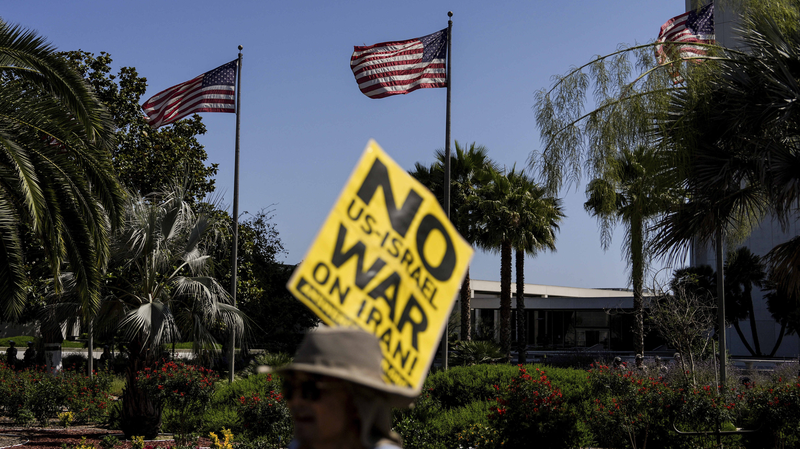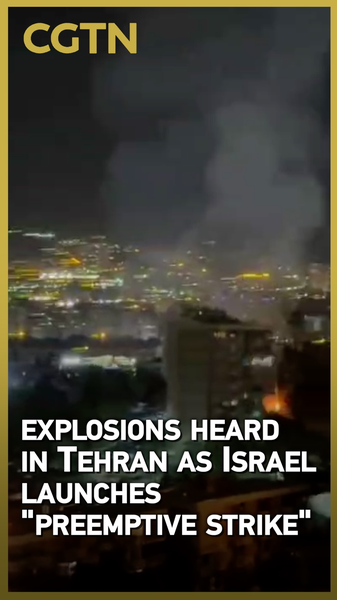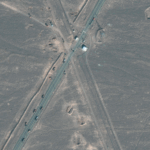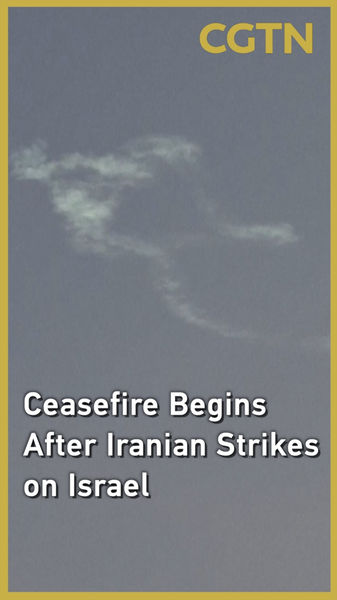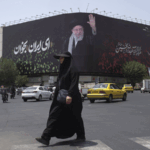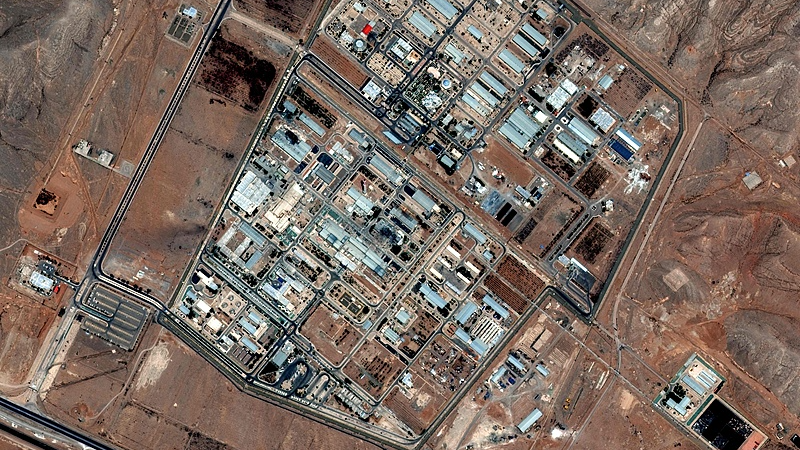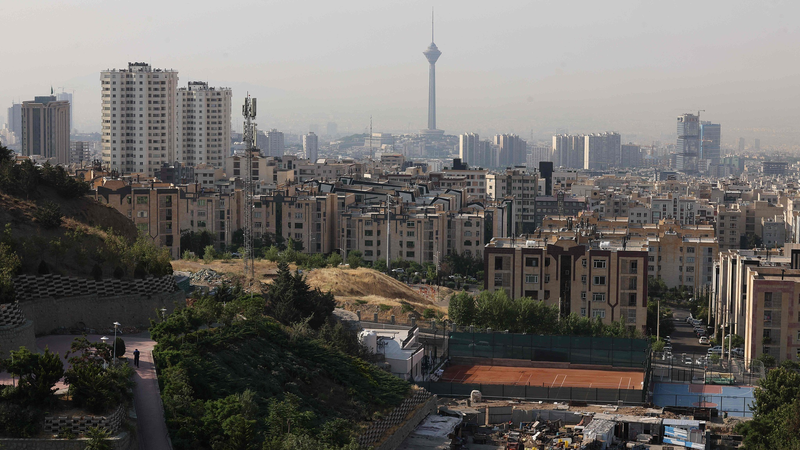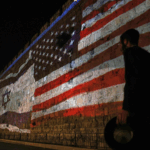Recent unilateral U.S. military actions against Iran have intensified geopolitical instability in the Middle East, casting doubt on Washington's role as a stabilizing force. While Israel and Iran announced a ceasefire this week, analysts warn that America's aggressive posture risks undermining long-term peace efforts and global security frameworks.
The bombing of Iranian nuclear facilities marks a sharp escalation, with unverified claims of destroyed capabilities fueling regional anxieties. Observers question the strategic wisdom of aligning closely with Israel's contested policies in Gaza and the West Bank, which critics argue contravene international consensus on a two-state solution.
"Trust in U.S. leadership has reached a critical low," notes William Jones, a geopolitical analyst and non-resident fellow at Beijing's Chongyang Institute. "The administration's celebration of targeted strikes ignores complex realities on the ground."
Unconfirmed reports suggest Iran relocated key nuclear assets before the attacks, though damage assessments remain pending. Tehran's measured response—targeting a U.S. base with advance warning—appears calculated to prevent full-scale war while asserting defensive capabilities.
As global institutions like the International Atomic Energy Agency seek clarity, business leaders monitor potential impacts on oil markets and supply chains. Academics emphasize the need for renewed multilateral dialogue to address root causes of regional conflicts.
Reference(s):
cgtn.com
